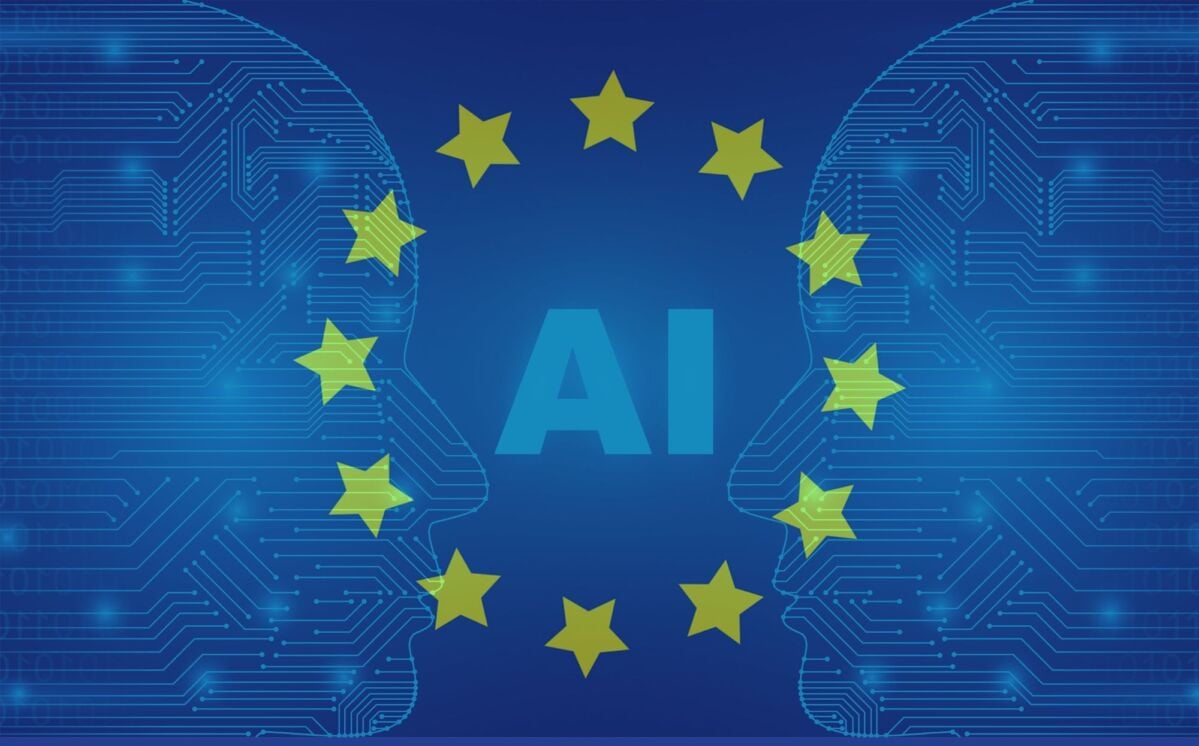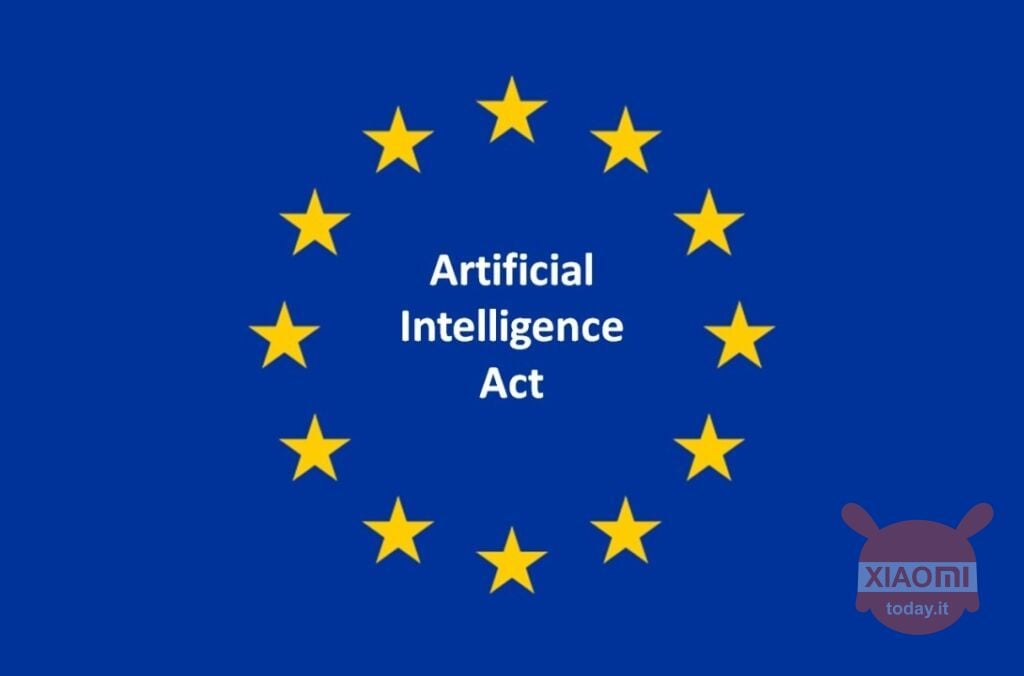
The wait for the adoption of'AI Act by the European Union continues to extend. Despite expectations, the road towards a common regulation of artificial intelligence in Europe appears to be still long and tortuous. Divisions among European lawmakers over the regulation of underlying models persist, and with 2023 drawing to a close, the possibility of seeing the AI Act signed into law this year seems increasingly remote.
Topics of this article:
Disagreements among legislators
The debate on the AI Act is still heated among European legislators, who they don't seem to agree on how to regulate basic models. As reported da Reuters, Spain is pushing for more regular checking of vulnerabilities and the creation of a regulatory system layered based on the number of users of a model.
This scenario led to three trilogues, three-party discussions between the European Parliament, Council of the European Union , European Commission, with a fourth meeting scheduled for this week. If no deal is reached, another meeting has been set for December, fueling concerns that any decision could be postponed until next year.

Read also: Digital Markets Act and Digital Services Act: what they are, explained well
Key Proposals of the AI Act
One of the drafts of the AI Act proposes that the Basic model developers evaluate potential risks, test the models throughout the development process and after release to the market, examine the bias in training data, validate the data and publish technical documents before release. This approach aims to ensure that AI innovations occur within a framework of security and transparency.
Biases (or biases) in artificial intelligence refer to a systematic trend in data or patterns that leads to unfair or inaccurate results. These biases can arise from various sources, including the training data used to “teach” the AI models.
If the training data contains bias, for example, reflecting social stereotypes o discrimination, the AI model will learn and reproduce these biases in its predictions or decisions. Eliminating or mitigating bias is critical to ensuring that AI systems operate fairly and reliably.
What about small businesses?
Some open-source companies have urged the EU to consider small businesses in the discussion, arguing that some may find it difficult to comply with the proposed rules. On the global stage, the EU's AI Act is seen by many, including some US government officials, as having potential example to follow in the drafting of regulations onGenerative AI.
However, while the EU was one of the first regions to discuss proposed legislation, it proceeded more slowly than other international players, such as the China which already launched its rules in August this year.








